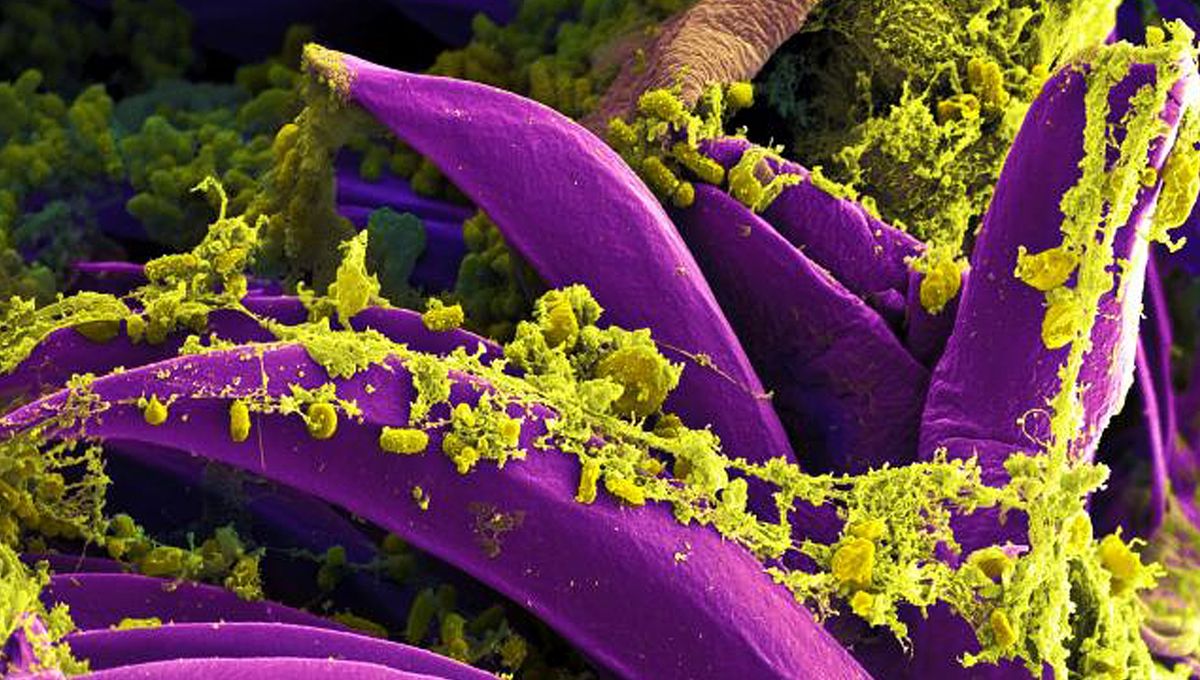
After a suspicious set of test results triggered an investigation last week, public health officials in Pueblo County, Colorado, have now confirmed a case of plague in a local resident.
Plague is a bacterial infection that’s best known for decimating Europe’s population in the mid-14th century, with what came to be known as “The Black Death” becoming one of the deadliest pandemics in human history.
But as this latest case will tell you, plague hasn’t been consigned to the history books. Yersinia pestis, the bacteria that causes the disease, naturally circulates in many parts of the world in rodents, other small animals, and fleas.
That means that, on rare occasions, plague can end up in humans too. An average of seven cases are reported in the US each year, with most of them being the bubonic form – the one with the characteristic swollen, pus-filled lymph nodes. Most cases are found in a region encompassing northern New Mexico, northern Arizona, and southern Colorado, and another with California, southern Oregon, and western Nevada.
While the source of the Colorado case is still being investigated, human cases of plague are typically the result of being bitten by an infected flea or handling an infected animal. For example, earlier this year, the first case of human plague in Oregon in eight years was found to likely be the result of an infected pet cat.
With that in mind, Pueblo County’s Department of Public Health and Environment (PDPHE) has asked the public to take a number of precautions, including:
- Avoiding contact with dead animals
- Rat-proofing your home by removing places they can hide, breed, and feed, like piles of lumber and pet food containers
- Using insect repellent to prevent flea bites
- Flea-treating pets
- Not letting pets sleep in bed with you
If people do develop symptoms, the Centers for Disease Control and Prevention (CDC) recommends seeking medical attention immediately due to the seriousness of the disease. The main symptoms to look out for with bubonic plague are a sudden fever, chills, headache, weakness, and swollen, painful lymph nodes.
These symptoms can provide healthcare professionals with an indication that plague is present, and the diagnosis can be confirmed by lab tests that use samples taken from the swollen lymph nodes or blood.
Though a serious illness, plague is thankfully treatable.
“Plague can be treated successfully with antibiotics, but an infected person must be treated promptly to avoid serious complications or death,” said Alicia Solis, program manager of the Office of Communicable Disease and Emergency Preparedness at PDPHE, in a statement.
Source Link: Human Plague Case In Colorado Confirmed By Officials